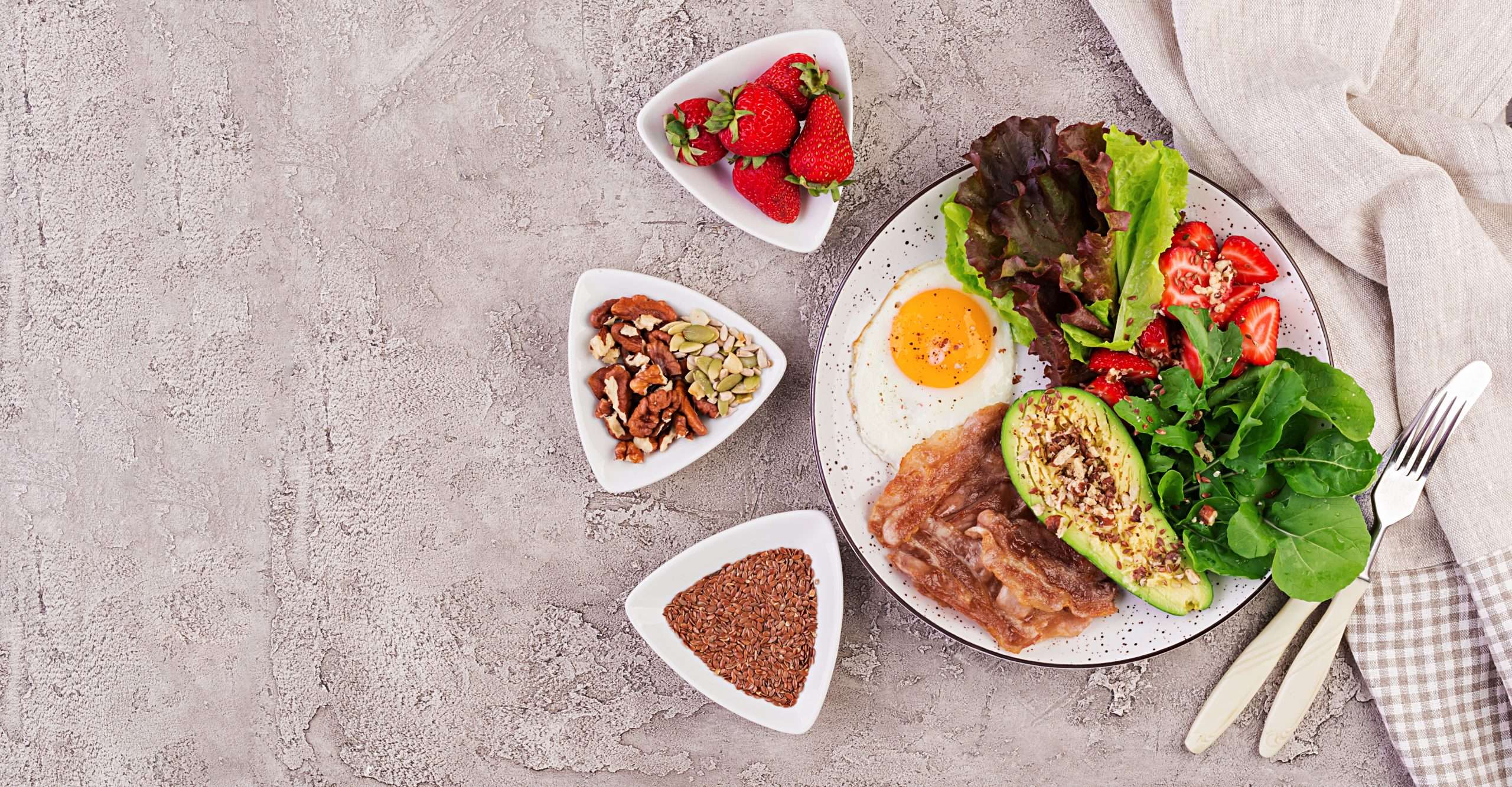
We will be honest with you from the very beginning – the true state of things isn’t as exciting as the title of this article. There is no particular dish or product which would help you to treat your thyroid disorder. This is the current position of the scientific community, and professional organizations, such as the British Thyroid Foundation, rely on it in their recommendations. Moreover, despite the generally popular opinion that people with thyroid diseases should have plenty of iodine, selenium, and calcium in the food, each diet must have some medical rationale behind itself. Thus, we strongly advise you to discuss your thyroid condition’s specifics with your doctor before introducing any significant diet changes.
What can be considered good recipes for your thyroid health then? The answer is simple – it is anything that helps you to sustain a healthy weight and mental well-being minus the products which are not recommended in your particular situation if any. For instance, a recent study suggests the benefit of a gluten-free diet for patients with autoimmune thyroid disorders such as Hashimoto’s disease. The rationale behind it is that although more large-scale studies are needed, molecular mimicry may be the crucial reason for this phenomenon. During molecular mimicry, the body produces antibodies to a similar component in peptide structure, thus launching a cross-activation autoimmune response. Think of a key that is so close in shape to another key that it can unlock a door it wasn’t intended to open. The same may potentially happen to the thyroid cells, which the body may mistake for gluten and try to utilize as a foreign object. Thus, in some people, gluten can trigger a significant autoimmune response, leading to more severe symptoms.
Here is an excellent example of a gluten-free recipe, which will lighten up your rainiest autumn mornings. One pancake contains around 113 calories, so be careful with your portions!;)

Another interesting study from South Korea has evaluated the association between raw vegetables or fruit intake and the risk of thyroid cancer development among women. They discovered that high consumption of raw vegetables, persimmons, and tangerines may decrease thyroid cancer risk and help prevent early-stage thyroid cancer. Even though one case-control study isn’t enough to prove the point – why don’t you try introducing more not-so-boring salads into your menu?

Finally, there is a long-running debate over the potential negative effect that certain compounds in soy — called isoflavones — may have on the thyroid gland. Some researchers insist that a high amount of soy products in the diet may increase a person’s hypothyroidism risk. However, a study published in 2019 found that soy has no effect on thyroid hormones and very modestly raises thyroid-stimulating hormone levels.
Thus, there are no specific dietary guidelines, but some researchers suggest that soy consumption may interfere with your body’s ability to absorb thyroid medication. For that reason, you may want to wait for four hours before taking your regular treatment. Besides, you may always try cooking delicious non-soy tofu alternatives!

FAQs
No, these recipes cannot directly treat thyroid disorders. The scientific community and professional organizations like the British Thyroid Foundation do not endorse specific dishes or products as treatments for thyroid disorders. It’s essential to consult with a doctor before making significant dietary changes related to thyroid health.
Gluten-free recipes are suggested based on a study indicating potential benefits for patients with autoimmune thyroid disorders like Hashimoto’s disease. Molecular mimicry, where the body mistakes thyroid cells for gluten, may trigger an autoimmune response. However, individual responses vary, and dietary changes should be discussed with a healthcare professional.
A study from South Korea suggested that high consumption of raw vegetables, persimmons, and tangerines may decrease the risk of thyroid cancer among women. While more research is needed, incorporating raw vegetables and fruit salads into your diet could potentially offer preventive benefits against thyroid cancer development.
Soy products contain isoflavones that have been debated for their potential effects on thyroid health. While some studies suggest no significant impact on thyroid hormones, soy consumption may interfere with thyroid medication absorption. It’s advised to wait four hours between soy consumption and taking thyroid medication. The provided recipe offers a soy-free alternative for those concerned about potential interactions.



